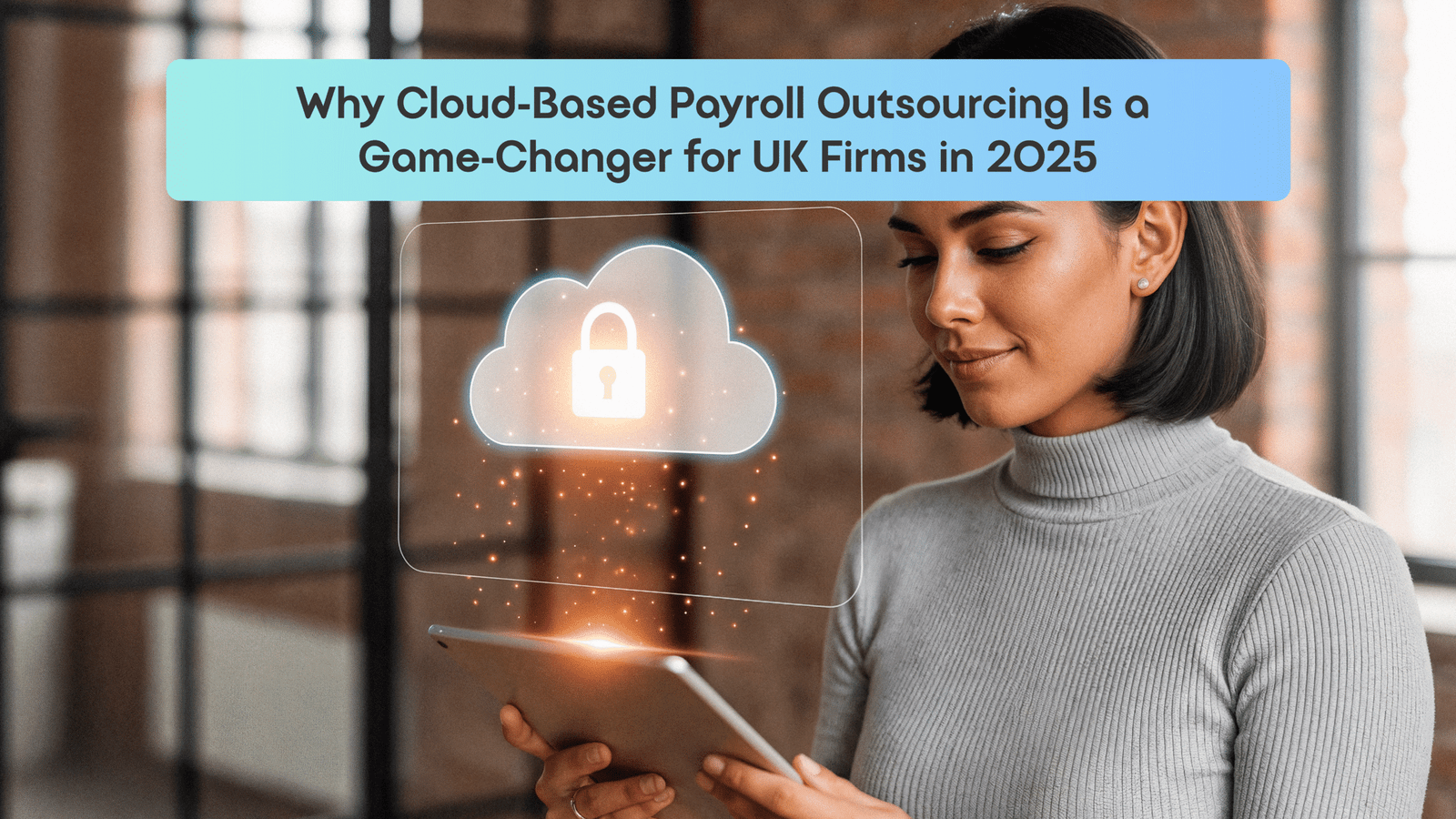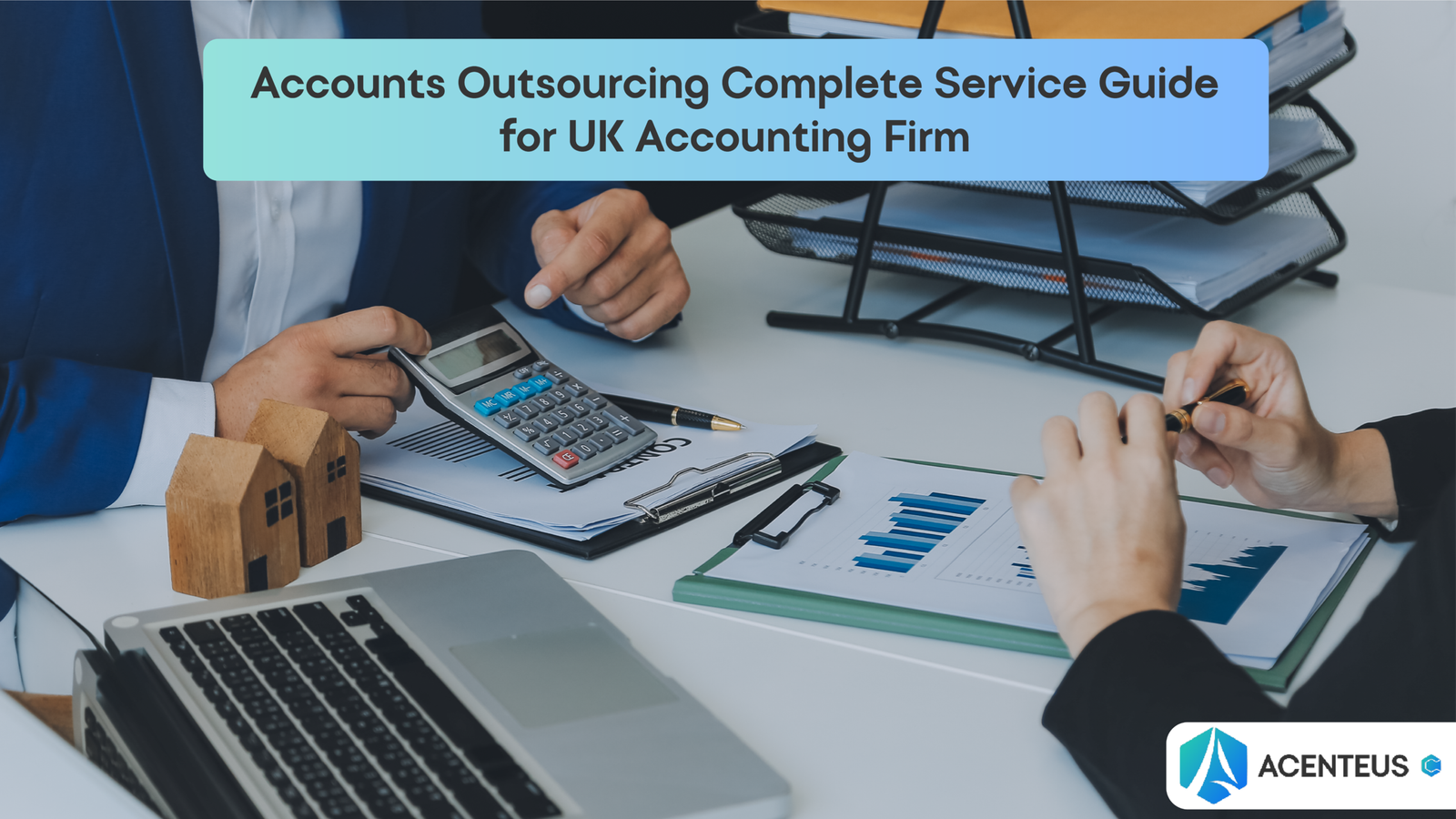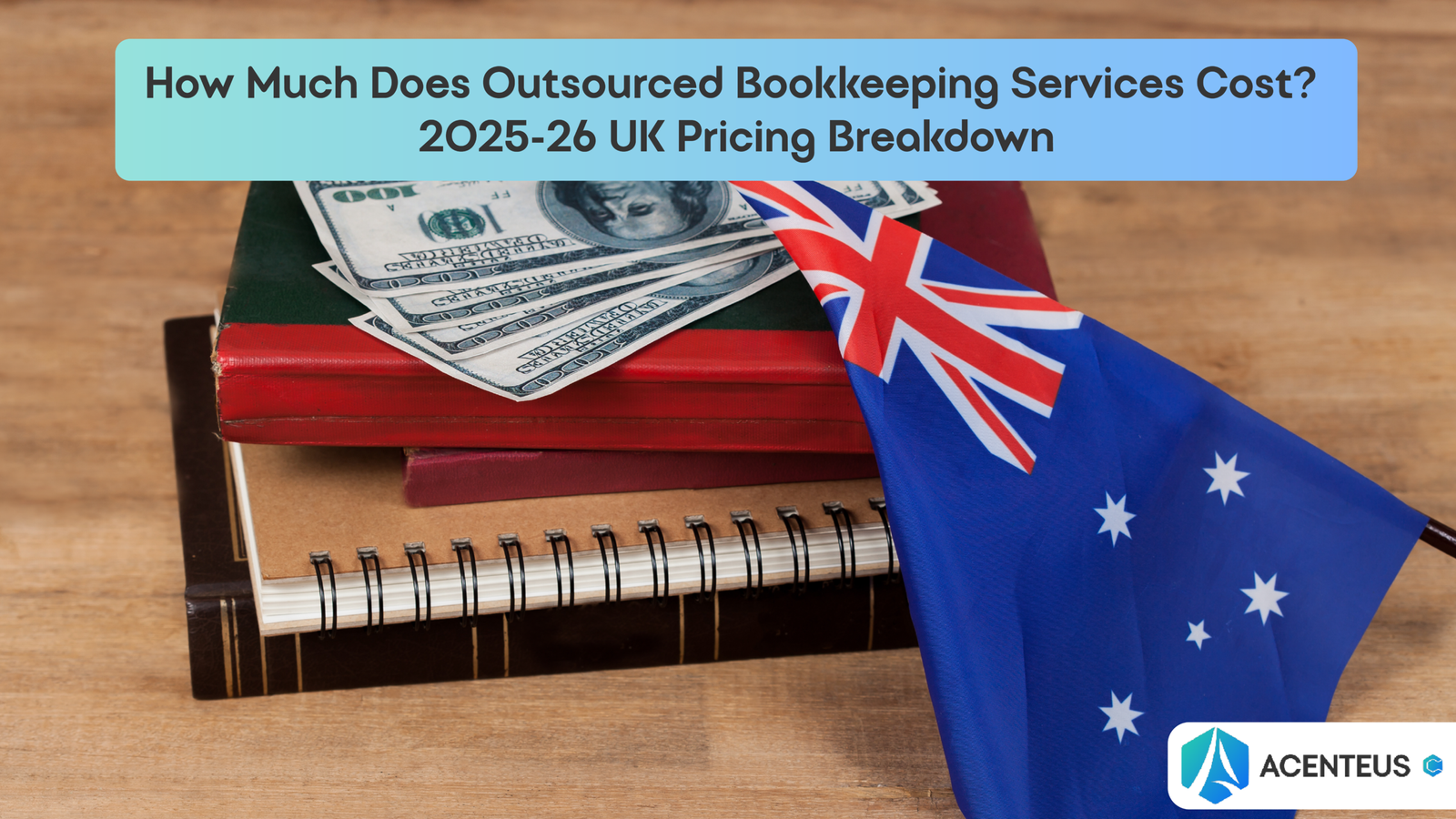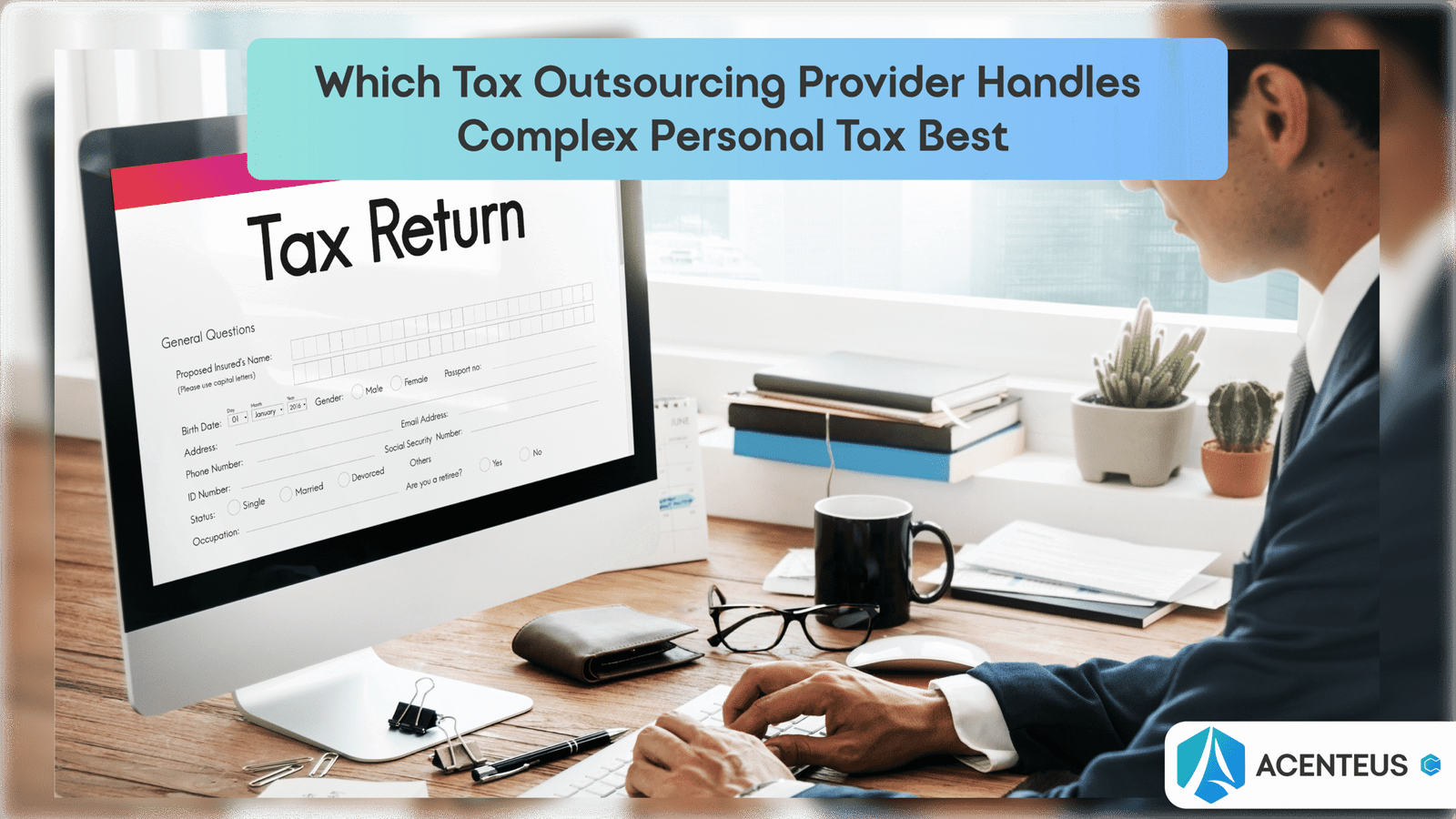In today’s digital age, UK accountants are rethinking traditional payroll processing. Instead of maintaining in‑house servers and specialist staff, many firms now outsource payroll to cloud‑based providers, slashing expenses and administrative headaches. Cloud-based payroll outsourcing moves data and computation off‑site onto secure internet platforms. This means firms pay a predictable monthly fee instead of incurring hefty software licences, hardware purchases or IT maintenance costs.
In fact, industry analysts report that outsourcing payroll can cut in‑house processing costs by up to 50% and eliminate large upfront investments. By tapping cloud payroll systems, UK practices can transform payroll from a cost centre into a scalable, efficient service.
The High Cost of In‑House Payroll
Running payroll internally quietly accumulates many hidden costs. Think of the annual licence fees for payroll software and the IT infrastructure required to run it. Practices often buy servers or desktop licences, then must upgrade them when regulations (like RTI or auto‑enrolment) change. On top of software, there is the staffing cost: hiring and training payroll specialists.
Salaried employees, plus the expense of cover during holidays and sickness, add up quickly. Accidental errors in complex UK payroll (payroll taxes, pensions, etc.) can also trigger HMRC penalties. In fact, in 2023, around 38% of UK SMEs faced fines for payroll mistakes, averaging about £1,500 each. These penalties, along with waste from manual admin, all inflate the true cost of in‑house payroll.
Key factors driving up in‑house payroll costs:
- Software & hardware fees: costly licences, server maintenance, updates.
- Specialist salaries: recruiting, training and covering payroll staff.
- Overtime and errors: time spent on data‑entry, manual calculations and fixing mistakes (with HMRC fines as the ultimate price).
- Compliance burden: staying current with UK regulations (RTI, auto‑enrolment, IR35, pensions) demands ongoing training and system changes.
These cumulative expenses make manual payroll disproportionately expensive, especially for small and medium‑sized practices. The Chartered Institute of Payroll Professionals found UK firms spend on average £5,000 a year just on software and training when running payroll themselves. By outsourcing to a cloud provider, most of these costs vanish – firms pay a simple per‑employee or flat fee, dramatically lowering the total spend.
What is Cloud‑Based Payroll Outsourcing?
Cloud‑based payroll outsourcing means hiring a specialist provider to run your payroll on internet‑hosted software. The provider takes over routine tasks (calculating wages, tax deductions, issuing payslips, and filing HMRC returns) using their cloud platform. Unlike legacy on‑premises solutions, cloud payroll requires no physical hardware or local installation. Accountants and clients simply log in via the web or mobile apps to input data and review reports.
Cloud payroll outsourcing typically offers multiple service models, from full‑service (provider handles everything) to hybrid (practice retains some tasks). Importantly, the cloud provider is responsible for software updates, security and regulatory changes. For example, when HMRC adjusts tax codes or pension rules, the cloud platform is updated automatically – the accounting practice doesn’t need to patch software or re‑train staff. This not only saves money but also removes the compliance risk associated with out‑of‑date systems.
Cloud advantage: “Accountants can view and update payroll information in real time, regardless of location.” In practice, this means your team can run payroll from anywhere – office, home or on the move – without having to be in front of a specific computer or network.
Eliminating Software and Infrastructure Expenses
One of the biggest savings with cloud payroll is cutting out equipment and licence costs. On‑premises payroll systems often require powerful servers or multiple user licences. By contrast, a cloud provider hosts the software in their data centre. Your firm simply accesses it through a web browser. This “software‑as‑a‑service” model turns large capital expenditures into a monthly operational fee. There’s no need to buy expensive payroll servers or pay annual licence renewals.
Benefits:
- No hardware investment: No need to purchase or maintain dedicated payroll servers or on‑site machines.
- Automatic updates: Regulatory changes (tax rates, regulations) are rolled out instantly by the provider, eliminating upgrade costs.
- Pay‑per‑use pricing: Typically charged per employee (often around £4–£12 per payslip for UK firms), so you only pay for the payroll you do, rather than a flat fee for unused capacity.
For example, one outsourcing model might cost about £6 per employee per month. A 50‑employee firm would spend roughly £300 each month for professional payroll processing. This is often much cheaper than the combined cost of in‑house software licences, IT support, and additional headcount needed to manage payroll themselves. In sum, cloud payroll removes upfront and hidden fees – you pay a clear, fixed rate that scales with your usage.
Cutting Staffing and Training Overhead
Payroll outsourcing also dramatically reduces labour costs. In‑house payroll demands at least one dedicated expert (or a team) to learn the complexities of UK payroll legislation, HMRC submissions and pension duties. Onboarding such staff is expensive, and you must cover their holidays and absences.
Outsourcing offloads all this. The provider’s trained specialists handle your payroll, so you don’t need to hire or train in‑house payroll experts. You also avoid the overhead of agency temps or overtime pay during peak periods (e.g. year‑end filings or bonus season).
Key staffing savings:
- No dedicated payroll headcount: Use the provider’s team of experts instead of paying salaries and NI for in‑house staff.
- Training costs eliminated: Outsourced teams stay updated on legislation; you’re not paying for staff CPD on payroll rules.
- No back‑up staffing needed: Holidays, sick leave or turnover are covered by the provider’s pool, so you avoid recruitment or temp agency fees.
For a growing practice, this flexibility is invaluable. You can scale payroll support up or down without hiring freezes or redundancies. In short, cloud outsourcing converts payroll staff costs into a predictable service fee, often at a lower total cost.
Boosting Efficiency and Productivity
Moving payroll to the cloud isn’t just about cutting obvious costs – it also saves time, which translates into money. Mundane tasks like data entry, tax calculations and report generation become automated. For example, Real‑Time Information (RTI) submissions to HMRC can be sent instantly by the cloud system, instead of being done manually at each pay run. Advanced features like bulk importing employee data or integrating with time‑tracking tools further slash admin time.
The numbers speak for themselves: one study found UK businesses spend about 15 hours per month on payroll processing, on average. Outsourcing and automation can reduce that by up to 80%. That is precious time freed for fee‑earning work, client care or strategy.
Key efficiency gains:
- Automation: Auto‑calculated taxes, NI, and deductions eliminate manual maths.
- Streamlined process: Self‑service payslips and portals mean fewer emails/calls to handle.
- Real‑time collaboration: Everyone sees the latest data, reducing errors and rework.
- Reduced admin work: Outsourcing can cut 60% of payroll admin tasks.
By cutting down payroll drudgery, cloud outsourcing lets your accountants focus on higher‑value tasks. Those freed‑up hours become new revenue or growth time – a hidden return on investment.
Enhancing Accuracy and Compliance
Payroll errors are costly. Beyond staff time wasted on corrections, mistakes can incur HMRC fines and damage employee trust. Outsourcing payroll through a professional cloud provider significantly reduces errors. Dedicated payroll teams use robust checking routines and up‑to‑date software to catch mistakes before they happen. According to the Chartered Institute of Payroll Professionals, firms that outsource payroll report about a 40% reduction in errors.
Cloud payroll platforms also ensure ongoing compliance. UK accountants no longer need to manually apply each new tax rule or pension regulation. The provider updates the system for you, incorporating HMRC real‑time reporting, auto‑enrolment and other UK requirements seamlessly. This greatly lowers regulatory risk.
Compliance benefits:
- Minimised penalty risk: Automated compliance and expert oversight mean fewer missed filings or calculation mistakes.
- Built‑in audits and reports: Most cloud systems track every change and produce audit trails, so your records stay organised for inspections.
- Data security: Payroll data is highly sensitive. Outsourcing firms typically store data in secure, encrypted cloud servers with GDPR‑compliant controls, reducing breach and data‑loss risks.
In short, cloud outsourcing gives UK firms peace of mind. They can trust their provider to keep payroll accurate and lawful.
Scalability, Flexibility and Security
As your practice grows, cloud payroll scales effortlessly. With an in‑house system, taking on new clients often means investing in more software licences or servers. Cloud outsourcing sidesteps that: you simply add more employees or pay runs to your service plan. Conversely, during quiet periods, you can dial down resources – you only pay for what you use.
This flexibility is particularly useful for UK firms dealing with seasonal demand or acquisitions. After taking on a new client or launching a recruitment drive, you won’t need to scramble for extra IT capacity. The cloud provider automatically handles fluctuations.
Moreover, cloud platforms typically have 99.9% uptime and are backed by multiple data centres, offering far better reliability than a single office server. They provide automatic data backups and disaster recovery, so your payroll continues even if there’s a local outage. Compliance certifications (like ISO standards) are common among big providers. This level of security, often unattainable for small practices on their own, saves costs from breaches or data losses.
Measurable Savings and ROI
The financial impact of cloud payroll outsourcing can be significant. Industry research suggests that UK businesses outsourcing payroll can save around 20% on total payroll processing costs. Consider both direct and indirect savings: eliminating extra staff and infrastructure, cutting fines and inefficiencies, and recapturing hundreds of hours of staff time each year.
Even modest practices see big returns. For example, if a firm has 20 clients with an average of 5 employees each, in-house software and staffing might cost roughly £10,000–£15,000 annually. Switching to a cloud service at £6 per payslip could bring this down well under £6,000. Meanwhile, the practice recovers dozens of hours each month for billable work.
Cloud outsourcing often pays for itself quickly. Though outsourcing has a price tag, the hidden costs of DIY payroll (time spent fixing mistakes, re‑hiring lost staff, HMRC fines) usually outweigh the service fee. In practice, a well‑run outsourced payroll can become a profit centre rather than a loss maker. Some accountancy firms even charge clients a handling fee or embed payroll as a value-added service, enhancing revenue. At the very least, every minute saved by outsourcing means more time available for high‑value services like advisory or accounts prep, boosting the firm’s bottom line indirectly.
Conclusion
For UK accounting practices, cloud‑based payroll outsourcing is a powerful cost‑cutting strategy. By moving payroll off‑site to expert providers, firms eliminate hardware and software costs, slash staffing overhead, and dramatically improve efficiency and compliance. Modern cloud platforms enable accountants to run payroll more efficiently and accurately, with the flexibility to adapt as the business evolves. The result is a leaner, more profitable practice.
In short, cloud payroll outsourcing simplifies a complex and expensive task into a streamlined service. Many accountancy firms find that the savings and freed‑up time easily offset the outsourcing fees. As UK businesses continue to digitise, practices that adopt cloud payroll will enjoy a competitive advantage, offering better service at a lower cost with Acenteus CCA today.
Frequently Asked Questions
It means a third‑party provider handles your payroll on internet‑hosted software. Your firm still collects employee data and approves payments, but calculations, tax filings and reports are done by the outsourced team using a cloud platform. This offloads work and removes the need for on‑premises systems.
Savings vary by firm size, but industry reports suggest up to a 20–50% reduction in payroll costs. You avoid hefty software licences and remove one or more in‑house roles. You also reduce costly errors and overtime. Most practices find that even a small payroll team’s salary exceeds the total outsourcing fees.
Reputable payroll providers in the UK maintain strict security (encryption, backups, GDPR compliance) and stay current with HMRC rules and legislation. They build in all tax changes and auto‑enrolment updates, so you’re compliant by default. This typically improves accuracy and reduces the risk of fines.
Look for UK‑based experts with payroll experience. Key factors: expertise (CIPP or AAT‑qualified staff), robust cloud software, transparent pricing (e.g. per‑payslip fee), and strong client support. Check that they use up‑to‑date technology, integrate with your accounting systems, and have good reviews. Most also offer a trial or demo so you can test their platform before committing.
Even small or part‑time payrolls can benefit. Many providers offer flexible pay‑per‑employee or pay‑per‑run pricing. You can choose a partial outsourcing model too (e.g. they handle HMRC filings and deductions, while you keep basic calculations in‑house). The key is you only use – and pay for – exactly what you need.
Yes – most outsourcing firms use highly secure cloud servers. They typically use encryption, multi‑factor logins and regular audits to protect data. Using an established provider can be more secure than a small office server. By law they must follow UK data protection regulations, and many hold ISO security certifications to guarantee it.
Costs vary by provider and service level. In the UK, typical fees range from £4 to £12 per employee per month (often falling with higher headcount). Some providers charge per payslip or run. While there may be an initial setup fee, the ongoing monthly cost is usually very competitive when compared to in‑house expenses, especially at scale.
What Next?
Cloud‑based payroll outsourcing can transform your practice’s efficiency and profitability. To explore how much you could save, contact an experienced payroll outsourcing specialist today. They can analyse your current payroll costs and propose a tailored cloud solution. Don’t let legacy payroll drain your margins – take the next step towards a leaner, more streamlined practice with Acenteus CCA.







